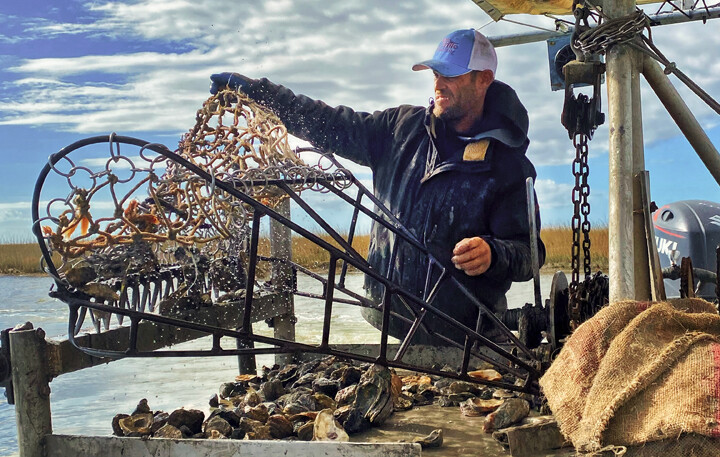February 9, 2022
Who We Are: Jacob David Hulse
Ed Lallo

Jacob Hulse works oysters on his brother Jason’s boat. Jason Hulse photo

You've caught the limit!
Free membership gives you access to:
- Unrestricted access to all NationalFisherman.com articles.
- Receive in-depth reports and research on various topics related to the fishing industry.
- Up-to-date news updates from the fishing industry delivered directly to your inbox twice a week.






